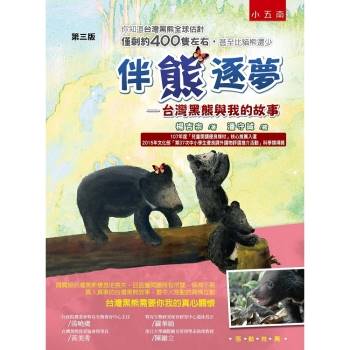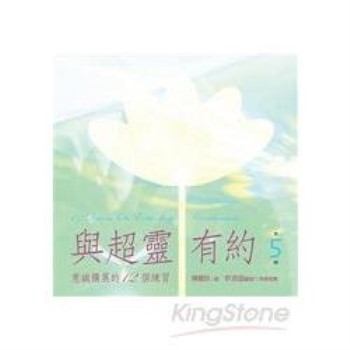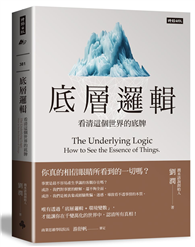This book explores the aesthetic consciousness of the Shang Dynasty and its influence on Chinese aesthetic development and contemporary aesthetic creation.
The Shang Dynasty is the first era in China with authentic historical documentation. Its artifacts and inscriptions have great aesthetic value and serve as vivid and rich records of aesthetic concepts. By examining the production and use of pottery, jade, bronze, and oracle bone inscriptions, the book sheds light on the functions of these creations as media for conveying emotions driven by human nature. By discussing how the Shang script was invented and used, the author explores the significant role it played in the development of the aesthetic consciousness of the Chinese ancients. Based on surviving documents, including the hexagrams in the Book of Changes, the Pan Geng in the Book of Documents, and the Shang Songs in the Book of Songs, he further examines the poetic characteristics of Shang literature, recognizing it as both historically and literarily significant.
The title is essential reading for scholars, students, and general readers interested in Chinese aesthetics, ancient Chinese civilization, culture, and art.







![塔木德:猶太人的致富聖經[修訂版]:1000多年來帶領猶太人快速累積財富的神祕經典 塔木德:猶太人的致富聖經[修訂版]:1000多年來帶領猶太人快速累積財富的神祕經典](https://media.taaze.tw/showLargeImage.html?sc=11100697818)




